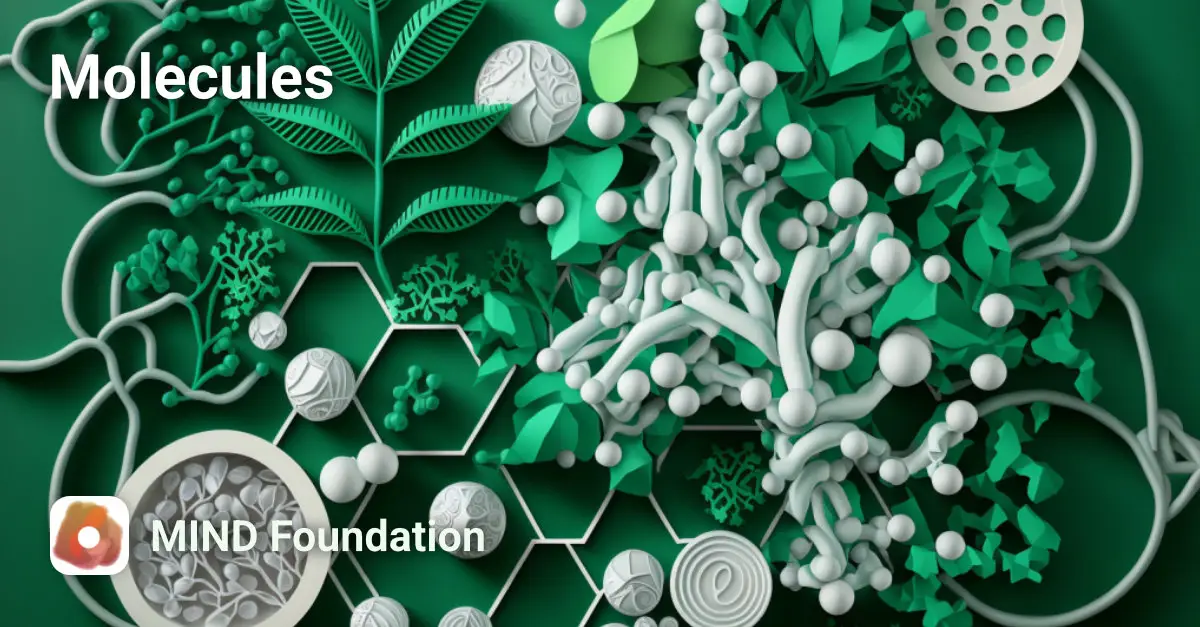Molecules
The Molecules Program is a graduate-level certificate program that provides a comprehensive and evidence-based approach to studying psychoactive substances.
- 50 Enrolled
- All levels
- Last updated Nov '23
- English
Course Description
The Molecules Program is a graduate-level certificate program that provides a comprehensive and evidence-based approach to studying psychoactive substances. This unique, transdisciplinary program is designed for academics, health practitioners, and the general public. The course offers a diverse range of knowledge and practices from different disciplines and professions.
In the Molecules Program, participants will build a strong foundation in the history, effects, potentials, and harms of psychoactive substances, as well as cultural and scientific traditions around these drugs. They will gain an overview of the main substance classes and a basic understanding of neurobiology, neurochemistry, and neuroanatomy.
In addition, participants will learn how to assess, understand, and manage drug-related emergencies with critical care protocols and algorithms used by first responders such as paramedics, anesthesiologists, and emergency doctors. They will be trained in skills and perspectives that could contribute to someone’s survival.
The course also covers the pharmacological effects of various substance classes and how they modulate activity in different neuronal networks. Participants will gain state-of-the-art knowledge about these substances on a biochemical and neurobiological level.
Finally, the program offers a deep dive into the exciting and promising substance class of psychedelics. Participants will learn about the medical, anthropological, psychological, legal, and clinical applications of these fascinating molecules through a combination of different perspectives.
The course consists of four modules, each with eight lessons. The course hopes to offer 7 CE/CME credits per module.

Tatayo
Instructor
About Instructor
Tatayo (“Fruit of the Wind”) first arrived in Gabon in 1971 at the age of 21 and became a Gabonese citizen. In 1979, he became the first white person to be initiated into the Bwiti Fang tradition in Gabon. In 1994, he was initiated into the Misokko tradition. As a guide for numerous expeditions and missions, including those of National Geographic, the BBC, and others, Tatayo is considered to have “opened the door” to westerners in Gabon.
Frequently Asked Questions
This course includes
- Lectures 32
- Duration 34 Hours
- Skills All levels
- Language English
- Availability Always
- Certificate CE
Transform Your Life with FLO CoachingAD
Ready to break through personal barriers and discover a deeper sense of fulfillment? FLO Coaching offers one-on-one psychedelic truffle journeys in the Netherlands, guided by experienced professionals. Our carefully crafted experiences combine the power of psychedelics with personalized coaching, helping you gain profound insights and create lasting positive changes.
Elevate your personal development to new heights in a safe, legal, and supportive environment. From preparation to integration, we're there every step of your transformative journey.
Take the first step towards a more resilient, meaningful life. Schedule a free call with FLO Coaching today and unlock your full potential.
